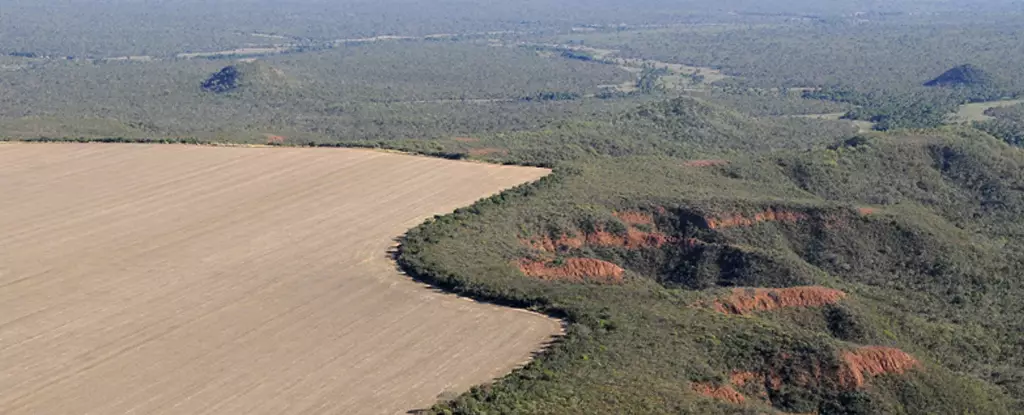Rangelands cover more than half of Earth’s land surface and play a crucial role in sustaining billions of people. These diverse ecosystems, encompassing deserts, grasslands, shrublands, and tundra, provide essential resources such as meat, dairy, fiber, and staple foods. Additionally, rangelands are integral to Earth’s nutrient, water, and carbon cycles, highlighting their significance in supporting life on our planet.
A recent report from the United Nations reveals that up to 50 percent of rangelands are currently degraded. This degradation is primarily due to poor land management practices, including land clearing, mining, overgrazing, soil nutrient depletion, erosion, salinization, and alkalinization. These factors not only contribute to rangeland degradation but also exacerbate issues such as drought and desertification, posing significant challenges to global food security and land productivity.
In regions like Central Asia and Mongolia, rangeland degradation is particularly severe, with conflict, border disputes, and overgrazing further exacerbating the situation. One-third of the population in this region depends on herding livestock, making the sustainable management of rangelands critical for their livelihoods. Similarly, in North America, ancient grasslands, prairies, and southern deserts are losing biodiversity due to degradation, highlighting the urgent need for improved land management practices.
One of the main challenges in addressing rangeland degradation is the lack of comprehensive data to inform sustainable management strategies. The report emphasizes the importance of protecting rangelands, with only 12 percent of these areas currently under conservation. To prevent further degradation, climate mitigation measures and cross-border cooperation are essential. Incorporating indigenous knowledge, alongside local and scientific expertise, can help develop effective management plans and transition away from harmful practices like monocultural farming.
Rangeland degradation poses a significant threat to global biodiversity, food security, and environmental sustainability. Addressing this issue requires immediate action, collaboration, and a shift towards sustainable land management practices. By prioritizing the protection of rangelands and integrating diverse knowledge systems, we can work towards ensuring the long-term health and productivity of these vital ecosystems.



Leave a Reply